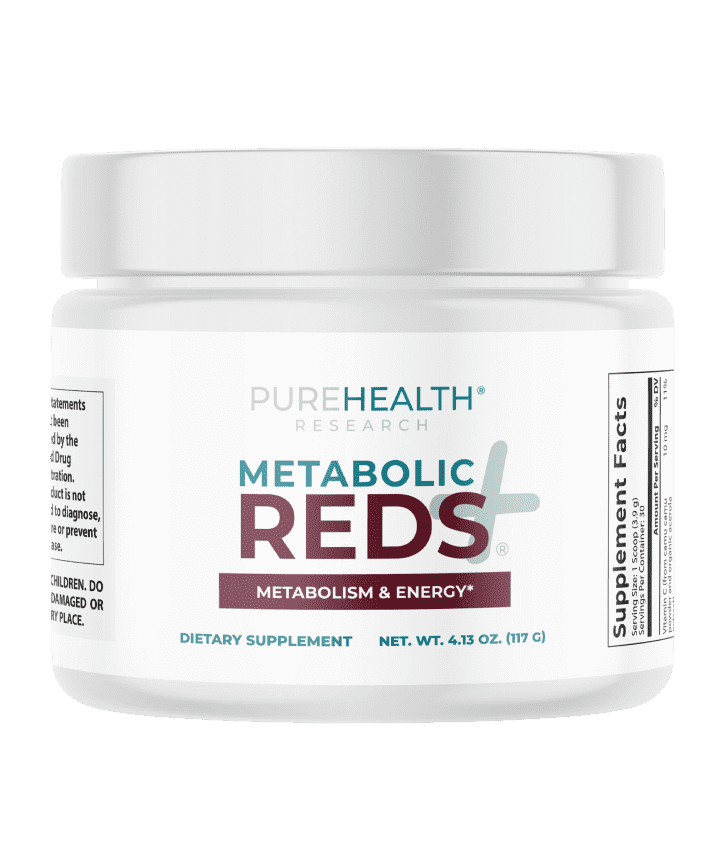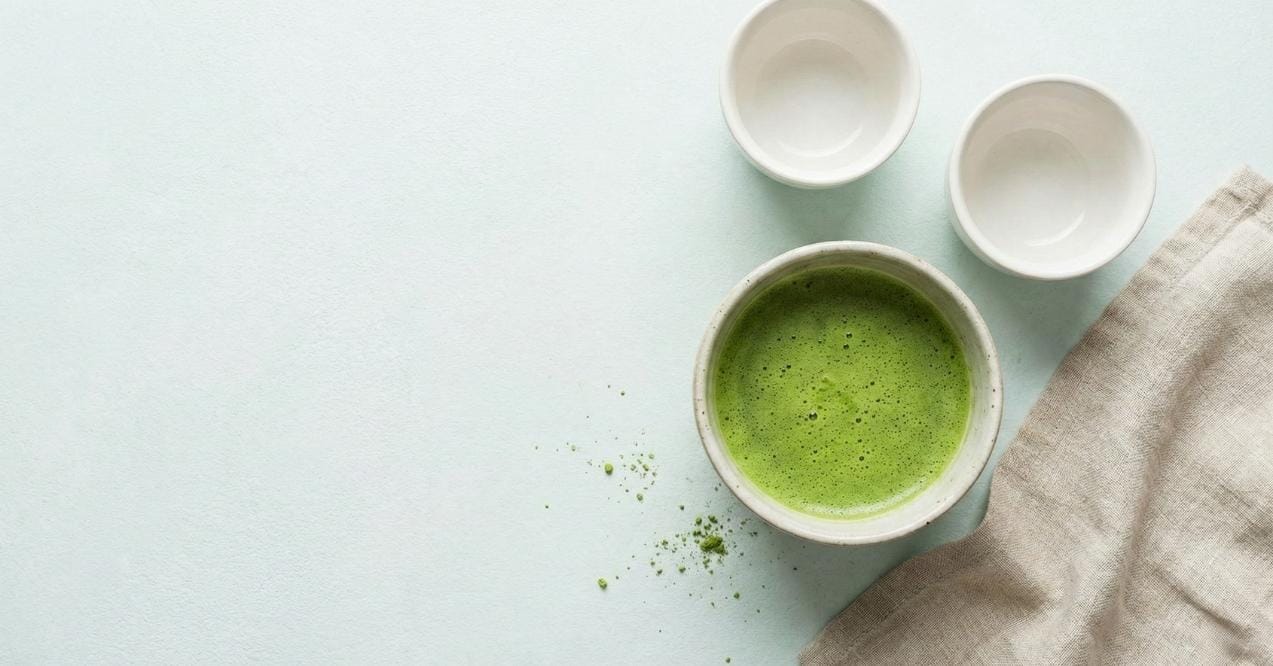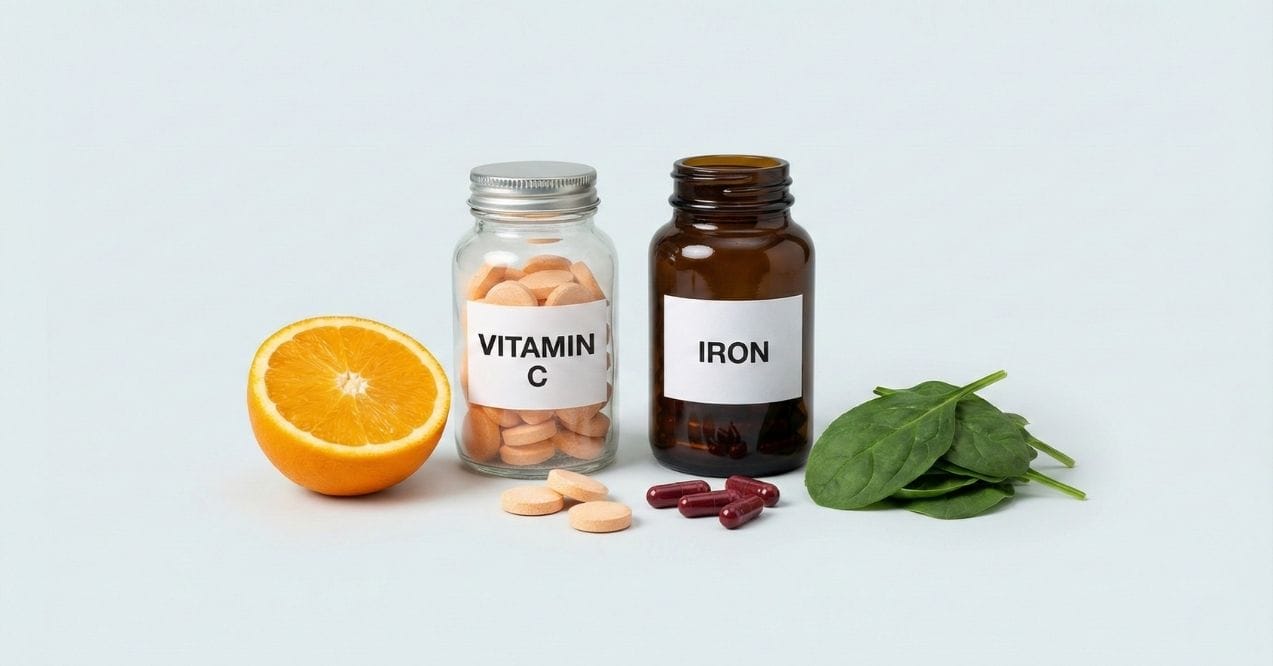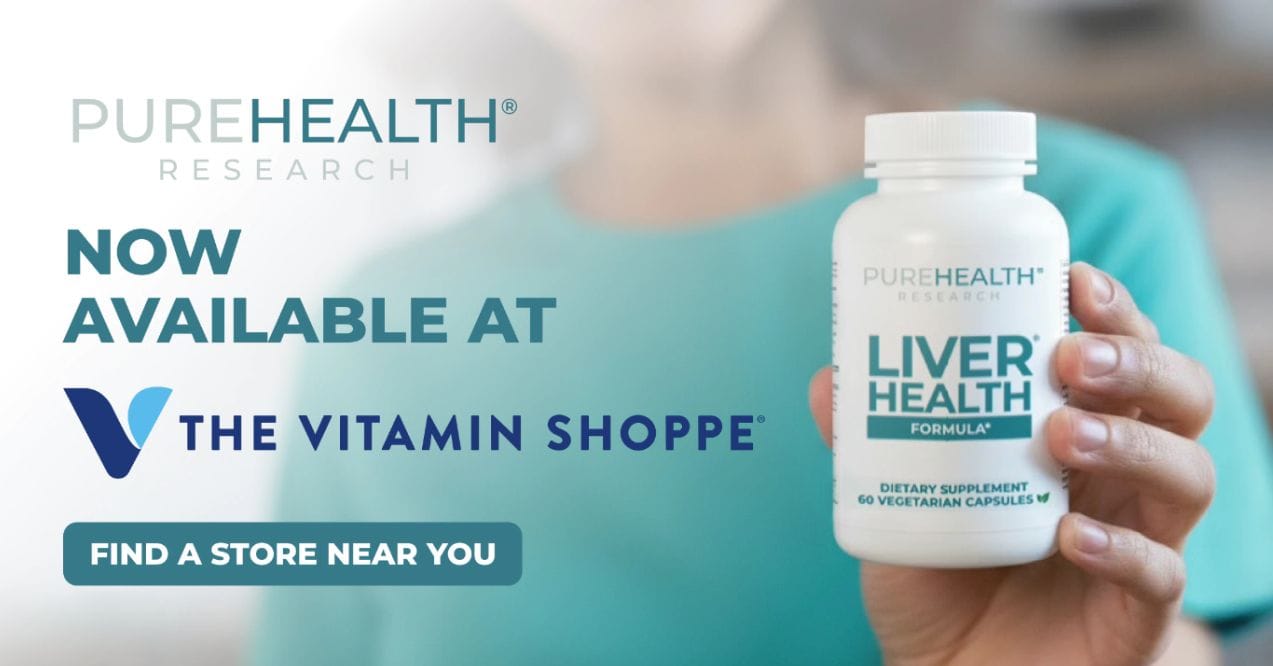Yeast vs Spore-Based Probiotics: Comparing the Differences
Discover the key differences between yeast vs spore based probiotics, their benefits, and how to choose the right one for gut health.
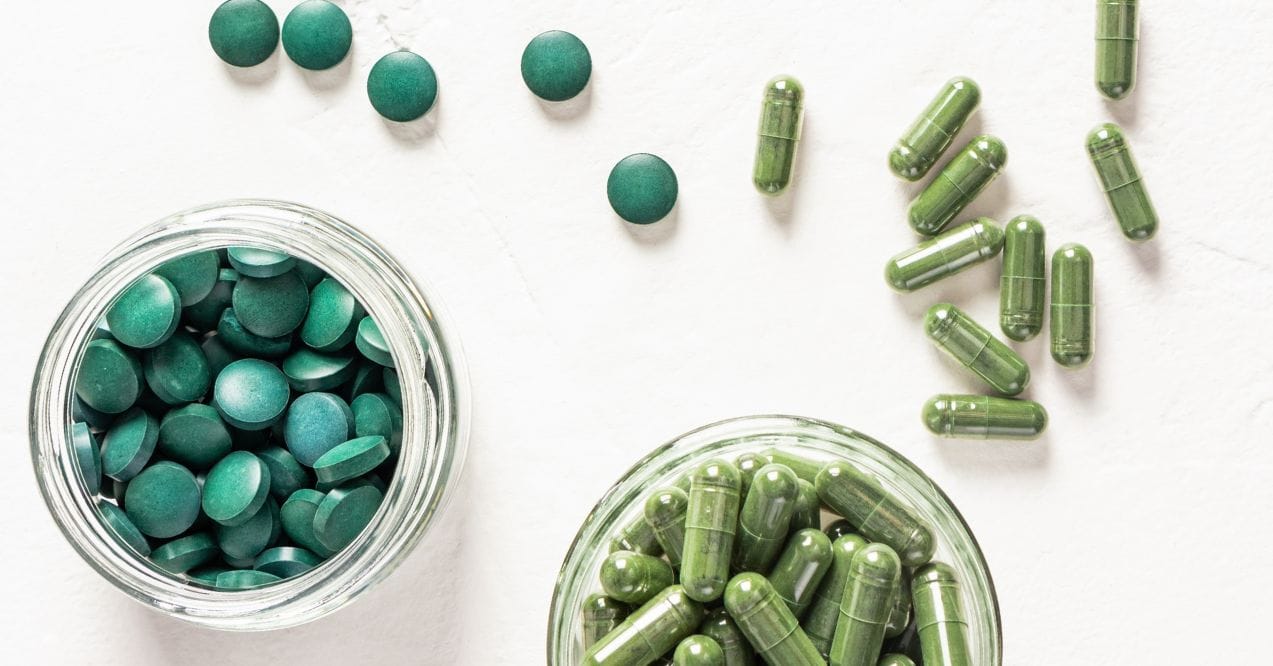

Picture this – you have just finished a meal, but instead of feeling satisfied, you’re stuck with bloating or irregular bowel movements – common issues for many. These discomforts might hint at an imbalance in your gut microbiome, the bustling ecosystem inside your digestive system. Probiotics are a popular way to support gut health, offering beneficial bacteria and yeasts to help maintain balance.
However, not all probiotics are the same. This blog dives into the differences between yeast vs spore based probiotics, two distinct types with unique benefits. Whether you’re curious about digestive health or exploring probiotic options, this guide will help you make an informed choice.
What are Probiotics?
Probiotics are live microorganisms that can benefit your health when taken in the right amounts. Often called “good” bacteria, they help support the balance of your gut microbiome – the community of microbes in your digestive system. This balance is essential for digestion, immune health, and overall well-being.
There are 3 types of probiotics: bacterial probiotics, yeast-based probiotics, and spore-based probiotics. Each type works in different ways to support your health.
- Bacterial probiotics – These are the most common probiotics. Strains like Lactobacillus and Bifidobacterium work to maintain digestive balance, improve nutrient absorption, and support your immune system.
- Yeast-based probiotics – These include strains like Saccharomyces boulardii. Known for their resilience, they thrive in tough conditions, making them great for supporting gut health during digestive challenges.
- Spore-based probiotics – Also called soil based probiotics, these include strains like Bacillus coagulans. They form protective spores, helping them survive stomach acid and reach your intestines to promote a balanced gut.
Probiotics are essential for keeping your gut in balance. Without enough “good” microbes, harmful bacteria and yeast can take over, leading to digestive discomfort and other issues.
Yeast-Based Probiotics

Yeast-based probiotics are a unique and essential part of the probiotic family. Unlike bacterial probiotics, these are derived from fungi, offering distinct benefits for overall health, particularly in the digestive system. Their unique composition makes them a valuable addition to a gut health routine, especially during temporary disruptions.
Health benefits of yeast-based probiotics:
- Reinforce the intestinal barrier – These probiotics support the intestinal lining, helping it act as a barrier to harmful substances while allowing essential nutrients to pass through.
- Support regular bowel movements – By helping to balance the gut microbiome, yeast-based probiotics can assist in maintaining consistent and comfortable digestion.
- Promote a healthy immune system – Since much of the immune system is connected to the gut, yeast-based probiotics help regulate the gut environment, promoting a balanced and responsive immune system.
Yeast probiotics are known to provide reliable support during temporary digestive issues, such as changes in diet or travel-related discomfort. Additionally, if you are wondering how to restore gut health after antibiotics, yeast-based probiotics could be an effective option. Yeast probiotics, like Saccharomyces boulardii, are resilient to antibiotics and can help replenish and support gut health during and after antibiotic use.
Spore-Based Probiotics (Soil-Based Probiotics)

For those wondering what are spore based probiotics, they are a unique type of probiotic known for their durability and versatility. These probiotics originate from the natural environment, often found in soil, where they play an important role in maintaining balance in ecosystems. While the terms “spore-based” and “soil-based” are sometimes used interchangeably, spore-based specifically refers to their ability to form protective spores, whereas soil-based probiotics highlights their natural origin.
Health benefits of spore-based probiotics:
- Promote a balanced gut microbiome – Spore-based probiotics create an environment where beneficial bacteria can flourish while reducing the overgrowth of less desirable bacteria.
- Support immune health – A balanced gut microbiome helps support your immune system. Spore-based probiotics maintain this balance, contributing to natural defenses.
- Strengthen intestinal resilience – Their spore-forming ability enhances the intestinal barrier, supporting nutrient absorption and helping to shield the body from harmful substances.
It’s important to note that while spore probiotics dangers are uncommon, some individuals may experience mild digestive discomfort or bloating when first introducing these supplements. Paying attention to your body’s response and starting with a lower dose can help you find a balance that feels right for you.
Yeast vs. Spore-Based Probiotics: Key Differences
Understanding the differences between yeast vs. spore-based probiotics can help you choose the right option for your needs. While both have unique benefits, they differ in origin, resilience, and how they function in your body.
Origins
- Yeast probiotics – Derived from beneficial fungi like Saccharomyces boulardii, often found in fermented foods and beverages.
- Spore probiotics – Derived from spore-forming bacteria like Bacillus subtilis, naturally present in soil and traditionally consumed through unwashed produce.
Survival
- Yeast probiotics – Highly resilient and survive stomach acid well, but they don’t colonize the gut permanently.
- Spore probiotics – Form tough protective spores, allowing them to survive stomach acid, heat, and antibiotics. They colonize the gut effectively and support long-term balance.
Mechanisms of Action
- Yeast probiotics – Act quickly to support gut health during short-term challenges, such as digestive upset or antibiotic use.
- Spore probiotics – Work as long-term allies, promoting the growth of good bacteria and restoring overall gut balance.
Usage
- Yeast probiotics – Ideal for temporary digestive support, such as during travel or when using antibiotics.
- Spore probiotics – Better suited for ongoing digestive and immune health support due to their durability and colonization ability.
Both yeast and spore based probiotics offer unique strengths. Choosing between them depends on your health goals and the type of support you need.
Choosing the Right Probiotic
Selecting the right probiotic depends on your individual needs and health goals. Start by identifying what you want to address – digestive discomfort, immune support, or overall gut health.
Here are key factors to consider:
- Types of probiotic strains – Choose strains suited to your needs. For digestion, look for Lactobacillus or Saccharomyces boulardii. For long-term gut health, consider spore-based probiotics like Bacillus coagulans.
- CFU count – CFU (colony-forming units) indicates the number of live microorganisms. Aim for at least 5-10 billion CFU for general support, or higher for specific concerns.
- Reputable brands – Select a trusted brand with clear labeling, verified strains, and third-party testing.
If you’re seeking probiotics for detox and overall metabolic support, Metabolic Reds+ from PureHealth Research could be a great choice to consider. This energizing supplement offers a unique blend of probiotics, including Bacillus coagulans, Lactobacillus acidophilus, and Bifidobacterium lactis, to promote healthy gut flora and optimal digestion.
Additionally, this supplement features antioxidant-rich fruits and digestive enzymes, these ingredients are designed to rejuvenate vitality and support gut health. As a reputable brand, PureHealth Research ensures quality and comprehensive solutions for your health needs.
With Metabolic Reds+, you’re not just choosing a probiotic; you’re embracing a holistic approach to well-being that includes energy, resilience, and balance. Try it and take a step toward a healthier, more vibrant you!
How to Take Probiotics
Taking probiotics the right way ensures you get the most benefits for your gut health. If you’re new to probiotics, follow these simple guidelines to maximize their effectiveness:
- Choose the right form – Probiotics come in capsules, powders, chewables, and even drinks. Pick the form that fits your lifestyle best. Powders and drinks may work well for those who struggle with swallowing pills.
- Follow dosage instructions – Check the label for the recommended daily dose. Most supplements suggest 1–2 servings per day, depending on the CFU count and your specific needs.
- Take at the right time – Probiotics are typically best taken with food, as it helps protect the microorganisms as they travel through your digestive system. Some strains, like spore-based probiotics, can also be taken on an empty stomach.
- Be consistent – For optimal results, take your probiotics at the same time every day. Consistency helps establish a balanced gut microbiome.
Probiotics and Your Diet
While probiotics can support your gut, pairing them with a balanced diet makes a real difference. Prebiotics are fibers that feed beneficial bacteria. Adding foods like onions, garlic, and bananas to your meals provides the nourishment these microbes need to grow. Other prebiotic-rich options include asparagus, oats, and apples. By regularly enjoying these foods, you’re helping beneficial bacteria maintain a healthy balance in your gut.
Additionally, fermented foods like yogurt, sauerkraut, and kimchi are natural sources of probiotics. These tangy, flavorful options deliver beneficial bacteria directly to your digestive system. Including them in your diet can complement your probiotic supplement and further strengthen gut health.
To get the most from probiotics, avoid highly processed foods and excess sugar, which can disrupt gut balance. Instead, focus on nutrient-dense, whole foods to create a strong foundation for your health. Whether through food, supplements, or both, adding probiotics to your diet is an easy and effective way to support long-term wellness.
The Future of Probiotics
Probiotics are advancing beyond traditional gut health, opening new doors to personalized wellness. Emerging research highlights exciting developments, such as personalized probiotics, postbiotic potential, and deeper connections between probiotics and the immune system.
Personalized Probiotics
The one-size-fits-all approach to probiotics may soon be a thing of the past. Scientists are exploring how individual gut microbiomes vary and how custom probiotic formulations could meet specific health needs. From targeting digestive issues to optimizing mental health and skin health, personalized probiotics promise tailored solutions for enhanced well-being.
Postbiotic Potential
Postbiotics, the beneficial byproducts of probiotic activity, are gaining attention for their potential to amplify health benefits. These compounds, such as short-chain fatty acids, offer anti-inflammatory and antioxidant effects. According to research, postbiotics may be easier to deliver and store compared to live probiotics, making them a powerful addition to future health solutions.
Probiotics and the Immune System
The link between probiotics and immunity continues to grow stronger. Recent studies suggest that probiotics help regulate immune responses by balancing gut bacteria and supporting the gut barrier. This research opens new possibilities for using probiotics to maintain immune health, especially for older adults seeking to stay active and resilient.
The future of probiotics is evolving rapidly, promising innovative ways to support health through science-backed solutions. From tailored formulas to cutting-edge postbiotics, these developments are shaping a more personalized and effective approach to wellness.
Final Thoughts on Yeast vs Spore-Based Probiotics
Understanding the differences between yeast vs spore-based probiotics is essential for choosing the right option for your health goals. Yeast-based probiotics, like Saccharomyces boulardii, are ideal for short-term digestive support, while spore-based probiotics, such as Bacillus coagulans, offer long-term benefits thanks to their resilience and ability to colonize the gut.
Both types have unique strengths, making them valuable tools for maintaining gut health, supporting digestion, and promoting overall wellness. By considering your specific needs and selecting a high-quality supplement, you can take a meaningful step toward a healthier, balanced microbiome.
Spore-based probiotics are better for long-term gut health due to their resilience and ability to colonize. However, the best option depends on your specific needs, as yeast-based and bacterial probiotics also offer unique benefits.
Side effects of sporebiotics are rare but may include mild bloating or digestive discomfort when starting. These symptoms typically subside as your body adjusts to the new gut flora.
Probiotics like Lactobacillus acidophilus and Saccharomyces boulardii are effective against yeast overgrowth. They promote a balanced gut environment, reducing the conditions that allow yeast to thrive.
The best form depends on your preference. Capsules are convenient, powders mix easily into drinks, and chewables suit those who dislike swallowing pills. Choose a form that fits your lifestyle and contains the strains you need.
Avoid mixing probiotics with excessively hot liquids or alcohol, as both can reduce their effectiveness. Also, space probiotics and antibiotics at least two hours apart to maintain the probiotics’ benefits.
Sign up for our Healthy Living newsletter!
Advertisement. This site offers health, wellness, fitness and nutritional information and is designed for educational purposes only. You should not rely on this information as a substitute for, nor does it replace, professional medical advice, diagnosis, or treatment. If you have any concerns or questions about your health, you should always consult with a physician or other health-care professional. Do not disregard, avoid or delay obtaining medical or health related advice from your health-care professional because of something you may have read on this site. The use of any information provided on this site is solely at your own risk.
